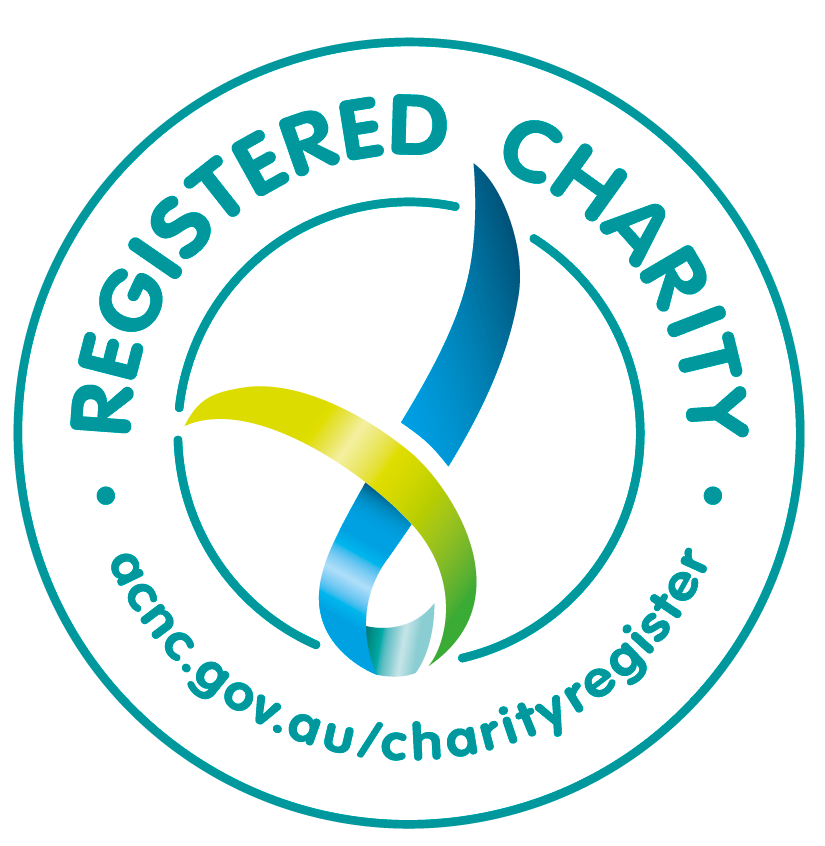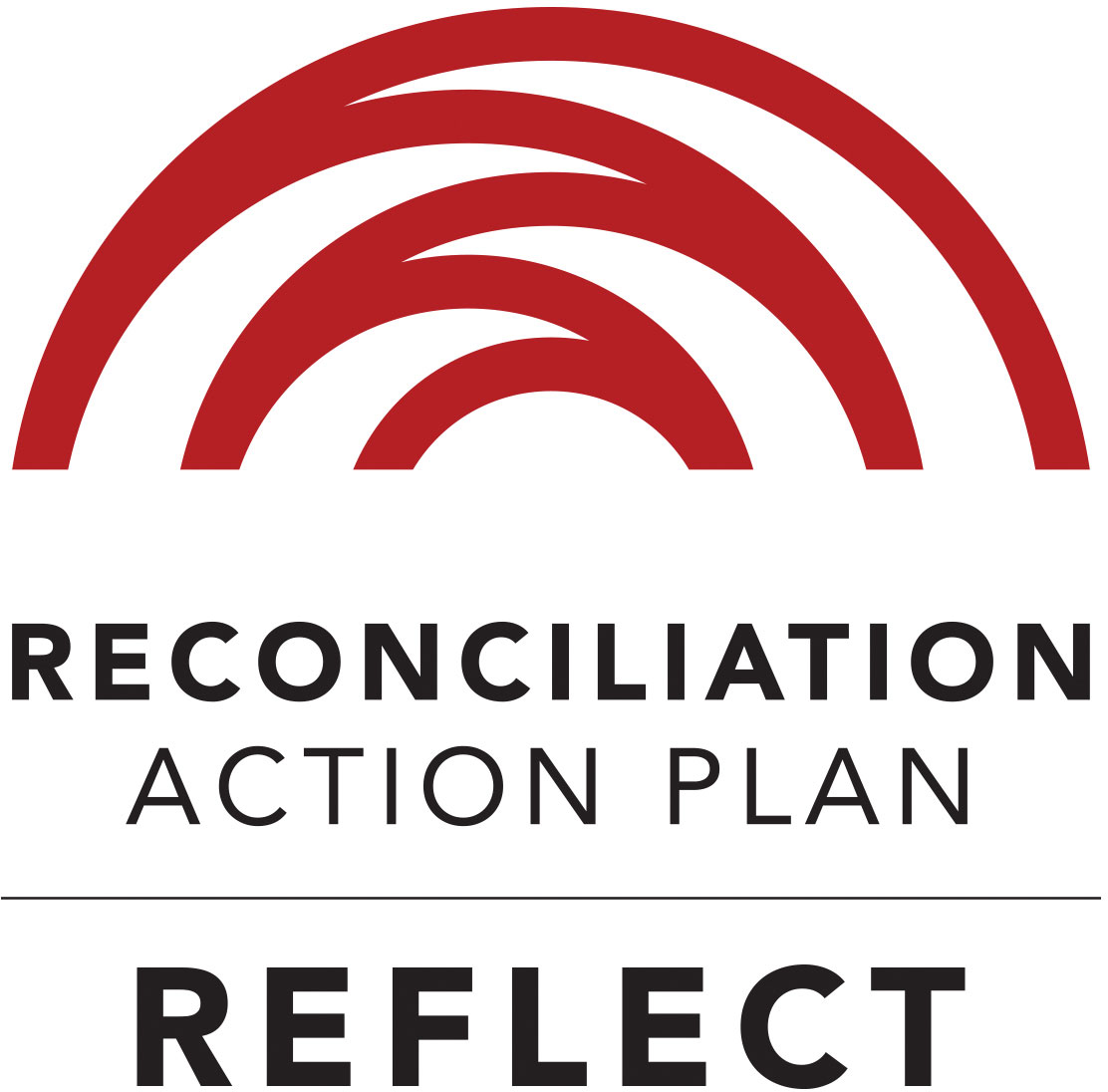More pages in this section
Supported independent living
Is one of your goals to move out of the family home and become more independent in your own home?
Supported independent living (SIL) can help you get there.
SIL is an NDIS support package designed to help a person with a disability live as independently as possible while building their skills.
SIL can include all the supports you need to be completely independent in a home environment. This might include personal care, assistance with daily tasks or help to get around.
Is SIL right for you?
When deciding if SIL is the best option for you the NDIS considers:
- your goals for your potential home and living arrangements, and the support you need with daily tasks to help you to live as independently as possible
- if alternative supports may be a better option
- if you have significant support needs that require person-to-person supports, and what supports you already receive
- if the support meets the reasonable and necessary criteria for SIL funding.
SIL options
The amount of SIL funding included in an NDIS plan depends on the level of support you need to live independently in the housing option of your choice. selectability offers a range of SIL options including:
- long-term shared accommodation in comfortable, for-purpose homes
- short-term one-on-one accommodation
- individual support (24/7) delivered in your home.
Accommodation enquiry
USEFUL LINKS





selectability acknowledges the Traditional Owners of the land on which we provide services and pay our respects to Elders past, present and emerging. We acknowledge those with lived experience and those who support and partner with us to improve mental wellbeing and prevent suicide across regional Queensland.

